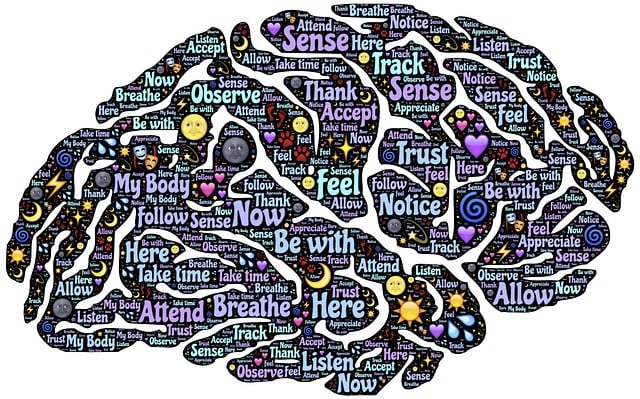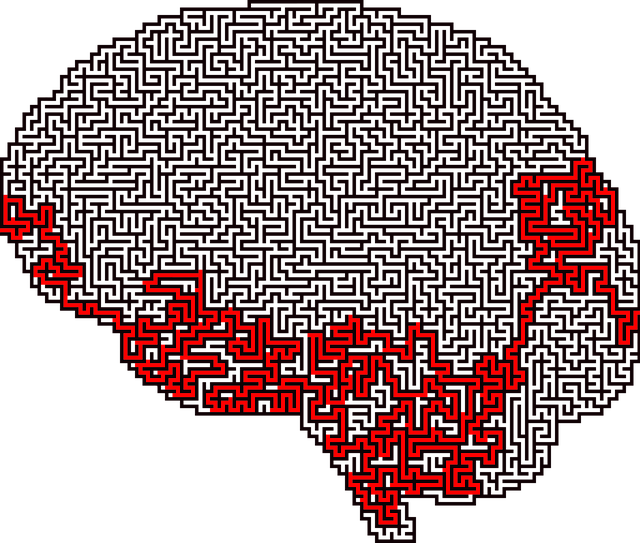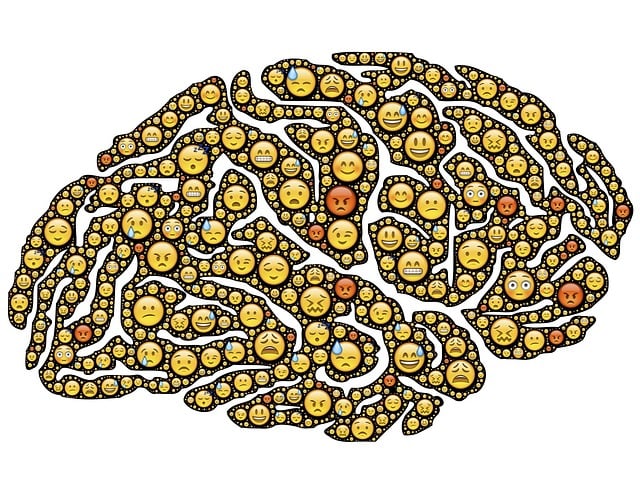Longmont Psychosis Therapy offers specialized support for individuals experiencing loss, grief, and bereavement. This non-linear process involves managing intense emotions through self-care, mental wellness activities, and self-awareness exercises. The therapy combines evidence-based practices like compassion cultivation and mindfulness meditation to help clients process sadness, anger, and guilt, prevent burnout, and develop effective coping strategies for improved mental well-being. By providing a safe space free from judgment, Longmont Psychosis Therapy empowers individuals to heal, foster emotional regulation, and embrace personal growth during challenging times.
Loss, grief, and bereavement are inevitable parts of life, yet their impact can be profound. This comprehensive guide explores these complex emotions, offering a deep dive into understanding loss, its various stages, and the critical role counseling plays in healing. We uncover therapeutic approaches to navigate these difficult times and highlight Longmont Psychology Therapy as a beacon of support. If you’re recognizing signs of distress, this article equips you with knowledge on when and where to find help, emphasizing the importance of seeking comfort and strength during challenging periods.
- Understanding Loss, Grief, and Bereavement: A Comprehensive Overview
- The Role of Counseling in Navigating Difficult Times
- Recognizing the Signs: Identifying When You Need Support
- Therapeutic Approaches for Healing and Recovery
- Longmont Psychology Therapy: Your Path to Finding Comfort and Strength
Understanding Loss, Grief, and Bereavement: A Comprehensive Overview

Loss, grief, and bereavement are complex emotional processes that often require professional support to navigate. Understanding these concepts is crucial for individuals seeking therapy, especially in a setting like Longmont Psychosis Therapy. Loss refers to the absence of someone or something significant, while grief is the intense emotional response to that loss. Bereavement, on the other hand, denotes the period of time after a loved one’s death during which an individual deals with the sense of loss and adjusts to life without them.
These stages are not linear, and individuals may experience them in unique ways. Self-care practices, such as engaging in activities that promote mental well-being, can help manage the intense emotions associated with these processes. Mental Health Policy Analysis and Advocacy play a vital role in ensuring accessible and compassionate support systems for those dealing with grief and bereavement. Encouraging self-awareness exercises can also aid individuals in processing their feelings and fostering resilience during challenging times.
The Role of Counseling in Navigating Difficult Times

Navigating difficult times can be challenging, especially when facing loss, grief, or bereavement. This is where counseling plays a pivotal role in guiding individuals through their emotional landscape. Longmont Psychology Therapy offers specialized support for those struggling with these complex emotions, helping them find solace and build resilience.
Counseling provides a safe space for individuals to process their feelings, memories, and thoughts without judgment. Through evidence-based practices, therapists assist clients in managing mood disturbances, preventing burnout, and cultivating healthy coping mechanisms. Additionally, they offer valuable tools such as mental wellness journaling exercises to promote self-reflection and emotional awareness. By addressing these aspects, counseling empowers individuals to honor their loved ones’ memories while fostering their own mental wellness and personal growth.
Recognizing the Signs: Identifying When You Need Support

Recognizing when you’re grappling with loss, grief, or bereavement is a crucial first step. The feelings can be overwhelming and often manifest in various ways. You might experience profound sadness, anger, guilt, or even detachment—a sense of disconnection from your usual self and the world around you. These emotions could persist for weeks or months, disrupting your daily life and well-being. Longmont psychosis therapy offers a safe space to explore these complex feelings.
If you find yourself struggling with tasks that were once routine, having trouble concentrating at work or school, or noticing changes in your sleep patterns or appetite, it might be an indication that you need support. The ability to process and cope with these intense emotions is not always straightforward, but Longmont psychosis therapy can help. Incorporating self-awareness exercises and cultivating emotional intelligence can also play a significant role in managing grief and promoting positive thinking during this challenging time.
Therapeutic Approaches for Healing and Recovery

In addressing loss, grief, and bereavement, therapeutic approaches play a pivotal role in facilitating healing and recovery. One effective method is Longmont Psychosis Therapy, which offers a safe space for individuals to process their emotions freely. This form of therapy encourages clients to explore their feelings without judgment, fostering an environment conducive to emotional regulation. Through structured yet flexible sessions, therapists help individuals navigate the complex landscape of grief, allowing them to express and understand their reactions.
Integrating Mindfulness Meditation techniques into counseling sessions has proven beneficial. Mindfulness practices enable clients to stay present, reducing the intensity of overwhelming emotions. By cultivating awareness and acceptance, individuals can better manage their mental health and enhance their overall well-being during the healing process. Furthermore, focusing on Mental Health Awareness throughout therapy empowers individuals to recognize and address their unique emotional needs, promoting long-term resilience and effective coping strategies.
Longmont Psychology Therapy: Your Path to Finding Comfort and Strength

In the face of loss, grief, and bereavement, Longmont Psychology Therapy offers a nurturing and supportive environment where individuals can find solace and rediscover their inner strength. Our compassionate therapists understand that every person’s journey through grief is unique, and we tailor our approach to meet your specific needs. We believe in empowering you with the tools and skills necessary to navigate this challenging time, helping you to heal and move forward with resilience.
Longmont Psychology Therapy goes beyond traditional counseling by incorporating evidence-based practices such as compassion cultivation and trauma support services. These innovative methods encourage self-care, foster emotional well-being, and promote personal growth. Through our dedicated care, you’ll learn to embrace your feelings, cultivate a deeper sense of understanding, and discover the inner strength that lies within.
Loss, grief, and bereavement can profoundly impact our lives, but with the right support, healing is possible. Longmont Psychology Therapy offers a safe space for individuals navigating these challenging times. By utilizing therapeutic approaches tailored to each person’s unique journey, our experienced counselors help clients find comfort, build resilience, and rediscover strength. Remember, seeking help is a sign of strength, and taking that first step towards healing can be transformative. Contact Longmont Psychology Therapy today to begin your path toward recovery.














